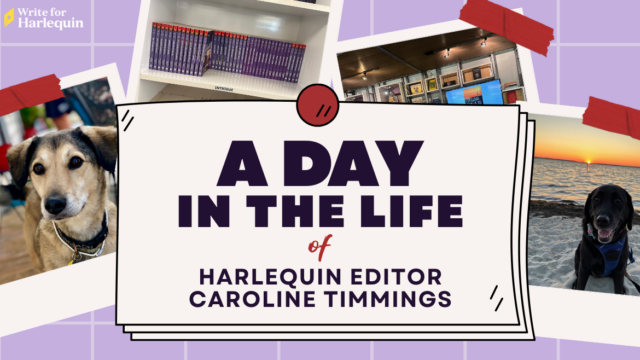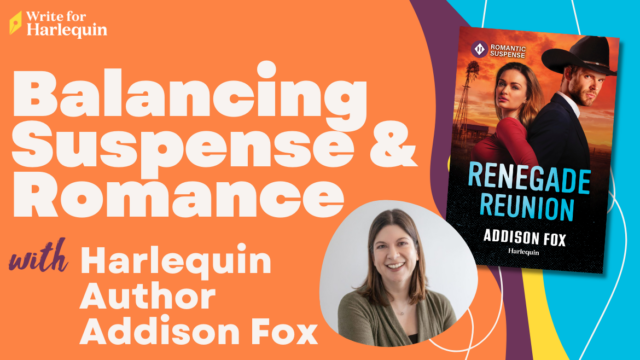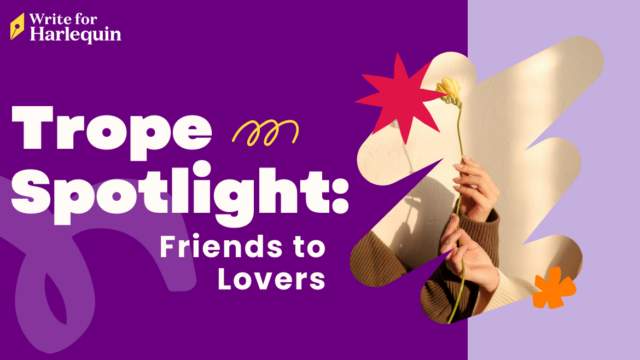 Dear Editor, My characters love to fight. From the first page, they just have this witty repartee that turns into romance. My critique partner thinks this bickering is a little unbelievable and I don’t agree. Some people just fight, right? –Vera
Dear Editor, My characters love to fight. From the first page, they just have this witty repartee that turns into romance. My critique partner thinks this bickering is a little unbelievable and I don’t agree. Some people just fight, right? –Vera
Vera, I agree with both you and your critique partner. There’s nothing wrong with a little bickering in romance—up to a point. It can be adorable for the heroine to hate an obnoxious hero. But this bickering can backfire and writers should take heed. Not every bicker-fest can be like Adam’s Rib where the husband and wife are deeply in love but constantly at each other’s throats. We get plenty of submissions where the characters bicker for no reason. It’s just one of those devices meant to create false tension. Now…if your hero and heroine have a real reason to bicker, then we’ve got a fire going. Regardless of your story, if you must have bickering characters, please consider the following points.
- There should be a reason for this animosity. Do the characters hate each other from the first page? Why? People are generally cordial to each other. The minute you see your new boss, you don’t express hostility when he asks you how long you worked at your previous job. No need to hiss when the heroine asks if she can share your taxi. We need to understand the motivation for a character’s anger. What is it—really—that sets them off?
- Save it for the right moment. One of my pet peeves is when the hero and heroine bicker the instant they meet. This tends not to ring true. It’s more effective to show readers the motivation, or even hint at it, before unleashing the anger gods.
- Is your character’s anger subtle or blatant? Which is more effective in your story? When people bicker, it’s pretty dramatic. We’re not counting the marital bickering about taking out the garbage. In romance, on-sight bickering shows a real hostility, an antagonistic relationship between two people. Sometimes subtlety can be even more dramatic and you can show it through character behavior or point of view. It can brew into something combustible, but it should be meaningful.
- Bickering: real anger or just eroticized anger? If you want to convey the masked lust, which forces these characters to spit barbs, make it more obvious for the reader that this is the motivation. The heroine hates herself for having the hots for her colleague and takes it out on him (not always healthy in real life, by the way). It’s a human reaction to very human feelings. Because we see this eroticized anger often in stories, writers should add emotional depth to the encounter, show us how human these characters are.
- Fighting can be a cliché. Many rom-coms begin with the characters fighting or at least not liking each other. Some examples include: The Proposal, Runaway Bride, and The Ugly Truth, just to name a few. Bear in mind that editors see this combative dynamic often so you want to keep your fight scene original, fun, romantic. Again, we realize fighting/bickering is not like this in real life!
- It’s all in how it’s done. This statement may apply to just about everything, but with character bickering, we can take it on a case by case basis. Your story may handle it perfectly. Another writer may not. This is why we can’t say absolutely that you shouldn’t have crabby characters at each other’s throats in your book.
In conclusion, when you write bickering or even characters who fight, be mindful of why they butt heads. Is it important to the story? Have you shown us the motivation for their anger? Does it move the story forward? Above all, let’s not fight about it.
Happy Writing to you from the SYTYCW Team.




